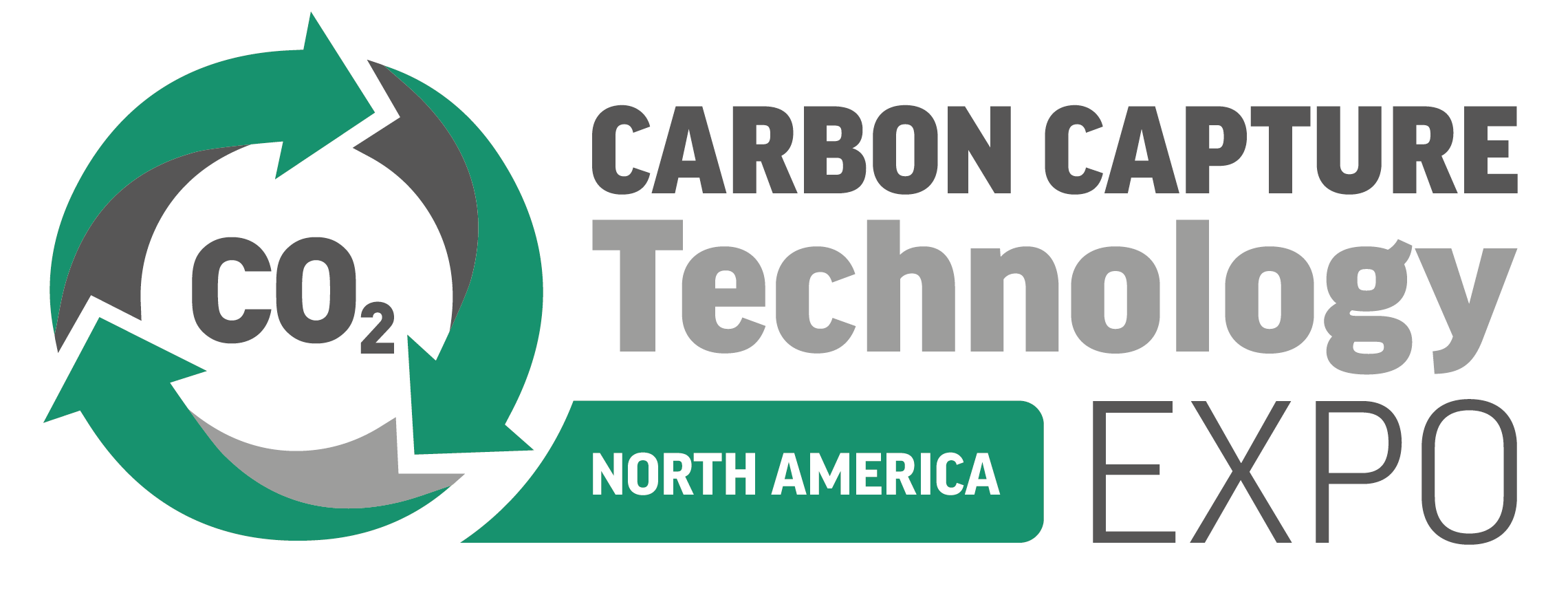The First Official Certification Framework for Carbon Removals has been approved by the EU
)
History was made when the EU Council approved a regulation which effectively enables the establishment of the first official EU-level certification framework regarding permanent carbon removal, carbon farming, and CO2 storage in products.
Through this decision the EU has made it possible to use carbon removals going forwards in their strategy for becoming climate neutral by 2050.
The council has made it clear that the excellent new regulation covers three areas of carbon removal activities throughout the EU. These areas are as follows: ‘The first one is permanent carbon removal, referring to operations like Direct Air Capture with Storage (DACS) or bioenergy with carbon capture and storage (BECCS) and similar technologies that capture and durably store atmospheric or biogenic CO2 for a period of multiple centuries.’ Another is, ‘carbon storage activities that capture and store CO2 in durable products, like wood-based construction materials, for at least 35 years.’ The final is, ‘carbon farming that boosts CO2 sequestration and storage in soils and forests, or tackles soil-based GHG emissions, operating for a period of at least five years. Among such projects are the ones that center around reforestation, peatland and wetlands restoration, or the use of improved fertilizer.’
It has already been made cleat that in order to qualify for certification, the project that is applying must be able to ‘provide long-term carbon storage, quantified net CO2 removal, or net soil emission reduction.’ Furthermore, the project must also prove that it will ‘be additional in the sense that their reach extends beyond statutory requirements at the level of an individual operator.’ This is where the certification will grant the project financial viability. On top of all of this, it must be evident that the project applying will ensure that no harm is done to the environment and along with this, co-benefits must cover one or more sustainability goals. Finally, all projects are required to be verified by third-party certification entities in order to make them eligible for certification under this EU framework.
It has been scheduled that the newly approved framework will be published in the EU’s Official Journal and from there, it will then enter force twenty days after its publication date, meaning it will then be applicable in all EU member states.
Altogether, this huge announcement, opens up the carbon industry to a wider plan which will lead to the introduction of an elaborate certification framework for carbon removals, as well as soil emission reductions into EU legislation.



)
)
)
)
)
)
)



)
)
)
)
)
)
)
)
)
)
)
)
)
)
)
)
)
)
)
)
)
)

)

)
)
)

)
)
)
)
)
)
)
)
)
)
)

)

)
)
)
)
)
)
)
)
)
)


)
)
)

)
)
)

)
)
)
)
)

